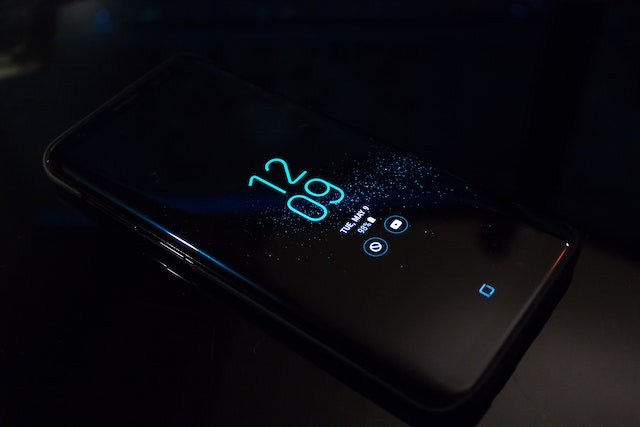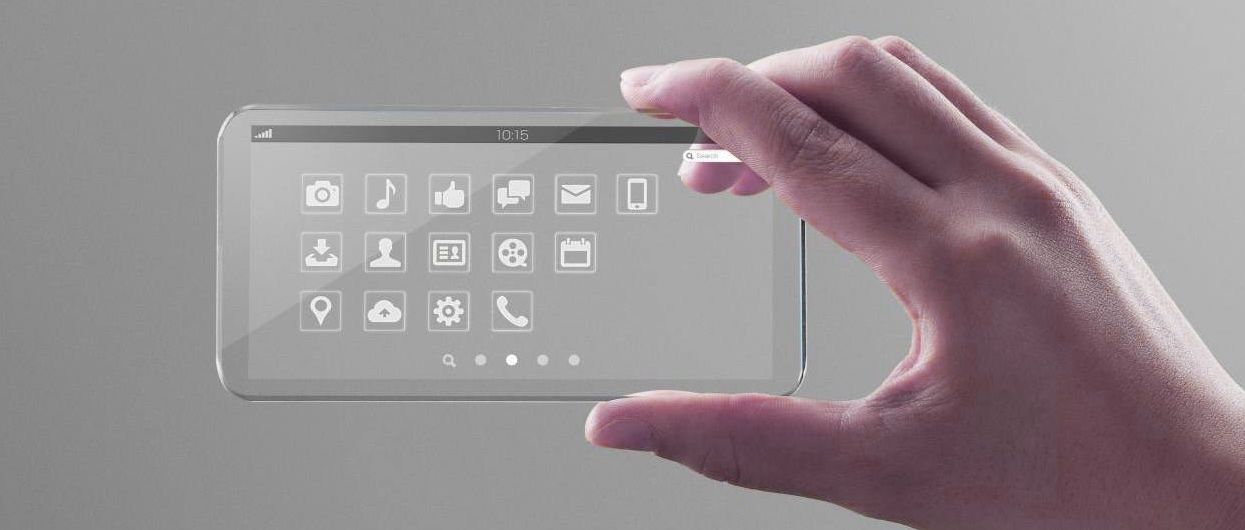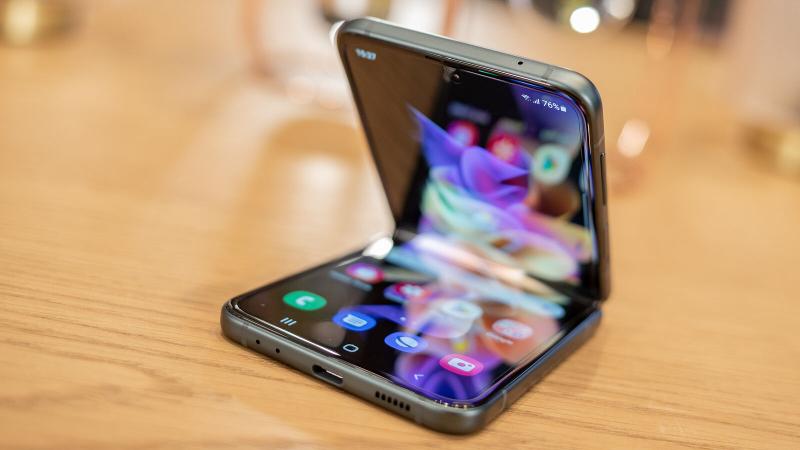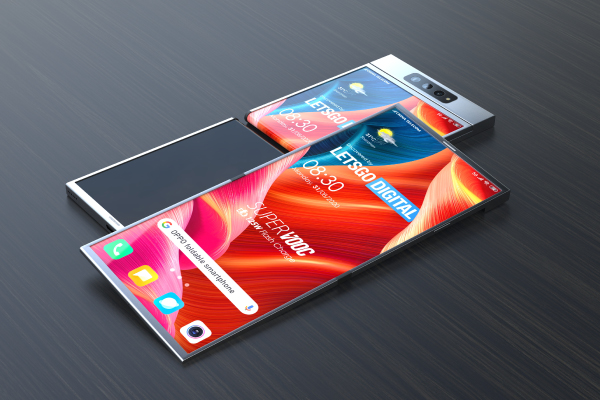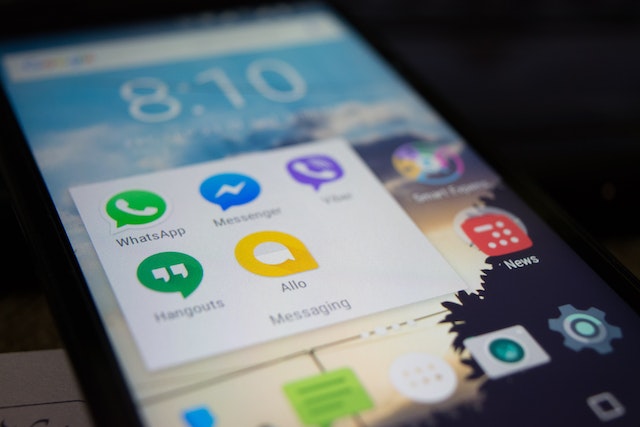Mobile phones have become an integral part of our lives, and their importance cannot be overstated. In today’s world, mobile phones have revolutionized the way we communicate, work, and stay entertained. They allow us to connect with people from all over the world, access the internet, and perform numerous tasks on the go. Mobile phones are no longer just devices for making calls and sending text messages; they have become powerful tools for enhancing our productivity, learning, and entertainment.
Mobile technology has seen tremendous growth and advancement in recent years. From the early days of basic feature phones to the current era of sophisticated smartphones, mobile technology has transformed the way we interact with our devices. Advancements in hardware and software have enabled mobile phones to become more powerful, versatile, and efficient. Mobile technology has also expanded to include other devices, such as wearables and smart home appliances, making it a ubiquitous and omnipresent force in our lives.
The future of mobile phones is an exciting and important topic that needs exploration. With the rapid pace of technological development, it is essential to understand the potential impact of mobile technology on our lives in the years to come. Exploring the future of mobile phones can help us understand the challenges and opportunities that lie ahead and prepare us to embrace the changes that come with it. The future of mobile phones holds great promise, but it is important to also consider potential challenges and concerns that need to be addressed. By examining the future of mobile phones, we can ensure that we make the most of this powerful technology while also mitigating any negative effects it may have on our lives.
The Evolution of Mobile Phones
The first mobile phone was developed by Motorola in 1973. Known as the DynaTAC, this device was large and expensive, and could only be used for making calls. Over time, mobile phones became smaller, cheaper, and more portable. In the 1990s, the emergence of GSM networks and digital cellular technology led to the development of smaller and more user-friendly mobile phones that could also send text messages.
The early 2000s saw the emergence of smartphones, which combined the functionality of a mobile phone with that of a personal digital assistant (PDA). The first smartphones had touchscreens and full QWERTY keyboards, which allowed users to send emails, access the internet, and perform other tasks on their devices. As smartphone technology continued to evolve, newer models began to feature better cameras, faster processors, and more advanced operating systems.
Mobile phones have had a significant impact on communication, entertainment, and productivity. With the ability to make calls, send text messages, and access the internet, mobile phones have transformed the way we communicate with each other. They have made it possible to stay connected with friends, family, and colleagues, no matter where we are in the world.
Mobile phones have also revolutionized the entertainment industry. With high-quality cameras and advanced media players, smartphones have made it possible to take and share photos and videos, stream music and movies, and play games on the go.
In terms of productivity, mobile phones have enabled people to work more efficiently and effectively. With the ability to access email, calendars, and productivity apps on their phones, people can work from anywhere, at any time. Mobile phones have also made it easier to collaborate with others, whether through video calls, instant messaging, or shared documents.
In conclusion, the evolution of mobile phones has been remarkable, from the first bulky and expensive models to the sleek and sophisticated smartphones we have today. Mobile phones have transformed the way we communicate, entertain ourselves, and work, and their impact on our lives is likely to continue to grow in the years to come.
Future Trends in Mobile Phone Technology
The future of mobile phone technology is full of exciting possibilities. Here are some of the trends that are likely to shape the future of mobile phones:
5G technology is the next generation of mobile networks, which promises faster speeds, lower latency, and greater capacity. This technology will enable mobile phones to connect to the internet and other devices faster and more reliably than ever before. This is especially relevant to chatlines, as faster and more reliable internet connections can mean better quality audio and fewer dropped calls. Foldable screens and flexible displays are set to become a major trend in mobile phone technology. These new types of screens will allow for larger displays while still maintaining the portability of a smaller phone. This could enable new forms of multitasking and productivity, as well as enhance the entertainment experience on mobile devices.However, the future of mobile phone technology is full of exciting possibilities that have the potential to revolutionize the way we interact with our devices and with the world around us. As technology continues to advance, it is likely that free numbers for chatlines will become even more accessible and reliable, improving the user experience for those looking for phone-based chat services.
Augmented Reality (AR) and Virtual Reality (VR) are two technologies that are expected to become more prevalent in the mobile phone industry. AR and VR have the potential to transform the way we interact with our devices, creating new and immersive experiences for entertainment, gaming, and education. Artificial Intelligence (AI) and Machine Learning (ML) are already playing a significant role in the development of mobile phone technology. As these technologies continue to advance, they will enable mobile phones to become more intuitive and personalized, with features that adapt to the user’s behavior and preferences. This could also enable new forms of automation, such as voice assistants and chatbots, that can improve productivity and customer service. The Internet of Things (IoT) is a concept that refers to the interconnectivity of devices and sensors that are embedded in everyday objects. Mobile phones are expected to become an important part of the IoT ecosystem, allowing users to control and monitor their smart home appliances and other IoT devices from their phones.
Potential Challenges and Concerns
As mobile phone technology continues to advance, there are potential challenges and concerns that need to be addressed to ensure that users are protected and that the technology is used in a responsible and ethical manner. Some of the key challenges and concerns include:
One of the biggest concerns surrounding mobile phone technology is data privacy and security. As mobile phones become more integrated into our daily lives, they are also collecting more and more data about us, including our location, search history, and personal information. This data can be vulnerable to hacking, cyber-attacks, and data breaches, which can have serious implications for our privacy and security.
To address these concerns, mobile phone manufacturers and app developers need to implement strong security measures to protect user data, including encryption and multi-factor authentication. Users can also take steps to protect their data, such as using strong passwords, keeping their phone updated with the latest security patches, and being cautious about downloading apps from untrusted sources.
Another concern surrounding mobile phone technology is the potential health implications of prolonged mobile phone use. While there is no conclusive evidence that mobile phones cause cancer or other health problems, some studies have suggested that prolonged exposure to the electromagnetic radiation emitted by mobile phones may have negative health effects, such as an increased risk of brain tumors.
To minimize the potential health risks, users can take steps such as using a hands-free device, reducing the amount of time spent on the phone, and avoiding using the phone in areas with poor signal strength, as this can increase the amount of radiation the phone emits.
As mobile phones become more intelligent and capable of processing vast amounts of data, there are ethical concerns surrounding their use of artificial intelligence (AI) and machine learning (ML). For example, there are concerns that these technologies could be used to make decisions that are biased or discriminatory, or that they could be used to invade people’s privacy.
To address these concerns, mobile phone manufacturers and app developers need to be transparent about how they are using AI and ML, and they need to ensure that these technologies are being used in an ethical and responsible manner. This may include implementing safeguards to prevent biased or discriminatory decision-making, and ensuring that user data is protected and used only for legitimate purposes.
In conclusion, while mobile phone technology offers many benefits and opportunities for innovation, there are also potential challenges and concerns that need to be addressed to ensure that users are protected and that the technology is used in a responsible and ethical manner. By taking steps to address these challenges and concerns, we can ensure that mobile phones continue to improve our lives while also protecting our privacy, security, and well-being.
Overall
Mobile phone technology has come a long way since the first mobile phone was invented in the 1970s. Today, mobile phones are an integral part of our daily lives, providing us with a wide range of functions and capabilities that were once unimaginable. From communication and entertainment to productivity and health, mobile phones have revolutionized the way we live, work, and play.
As mobile phone technology continues to advance, we can expect to see even more exciting developments in the future. From 5G technology and foldable screens to augmented reality and artificial intelligence, mobile phones are poised to become even more intelligent, powerful, and capable.
However, as with any technology, there are also potential challenges and concerns that need to be addressed to ensure that users are protected and that the technology is used in a responsible and ethical manner. These include concerns around data privacy and security, the potential health implications of prolonged mobile phone use, and ethical concerns surrounding the use of artificial intelligence and machine learning.
By addressing these challenges and concerns, we can ensure that mobile phone technology continues to improve our lives while also protecting our privacy, security, and well-being. With the right safeguards in place, mobile phones have the potential to revolutionize the way we live, work, and play for years to come. So, let us embrace the future of mobile phones with enthusiasm, while also being mindful of the potential challenges and concerns.

